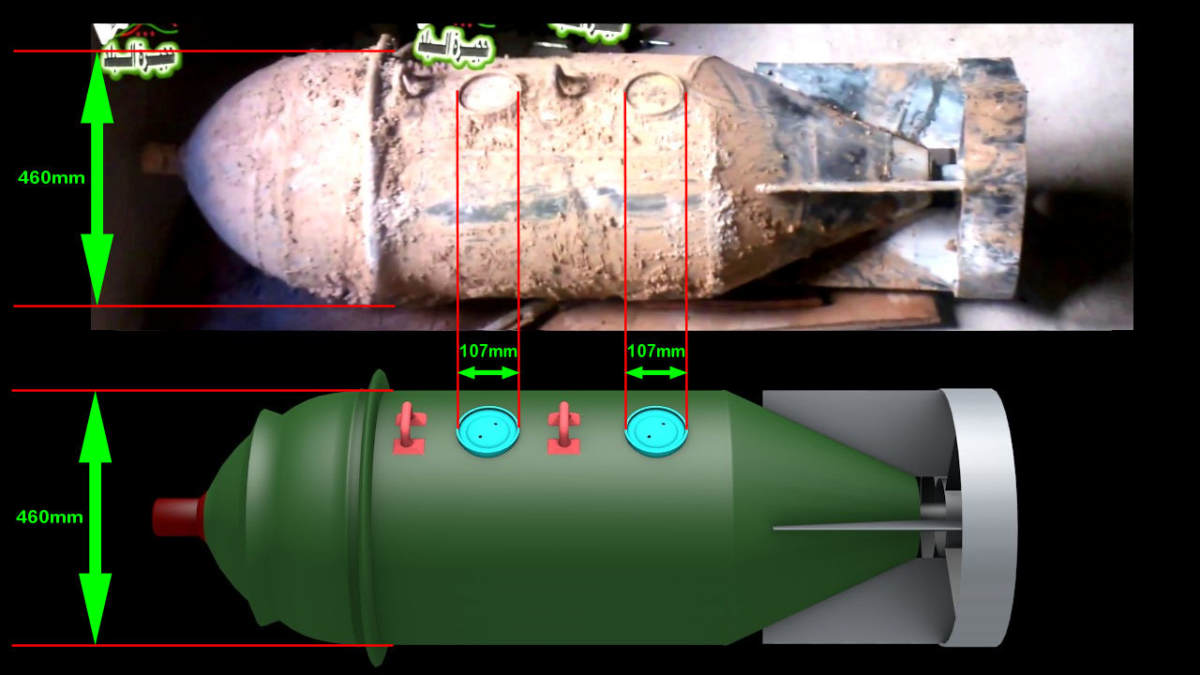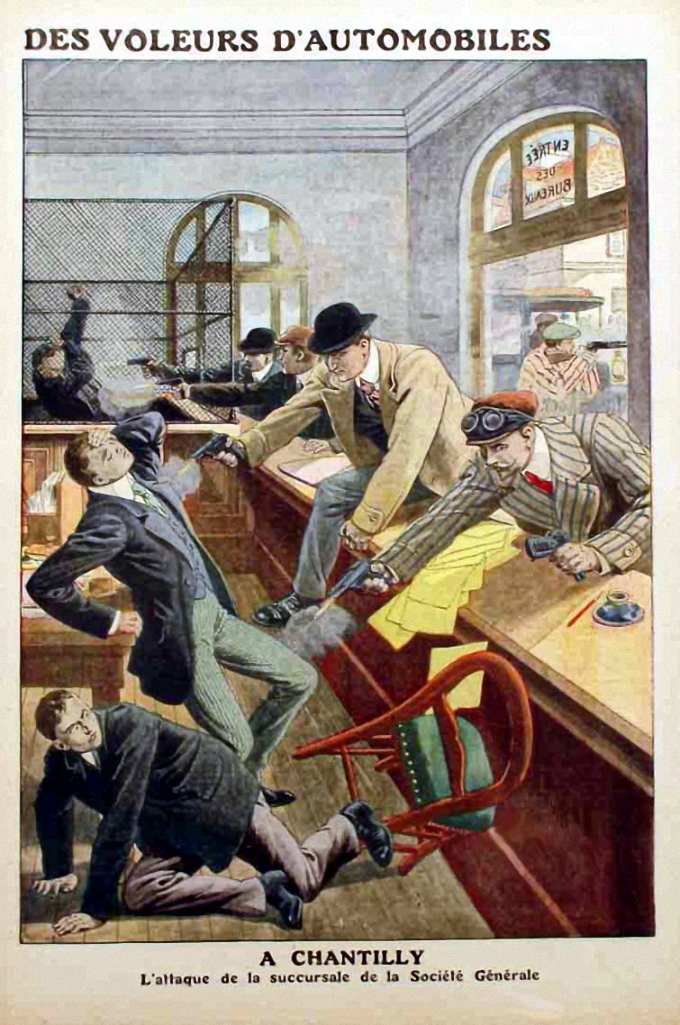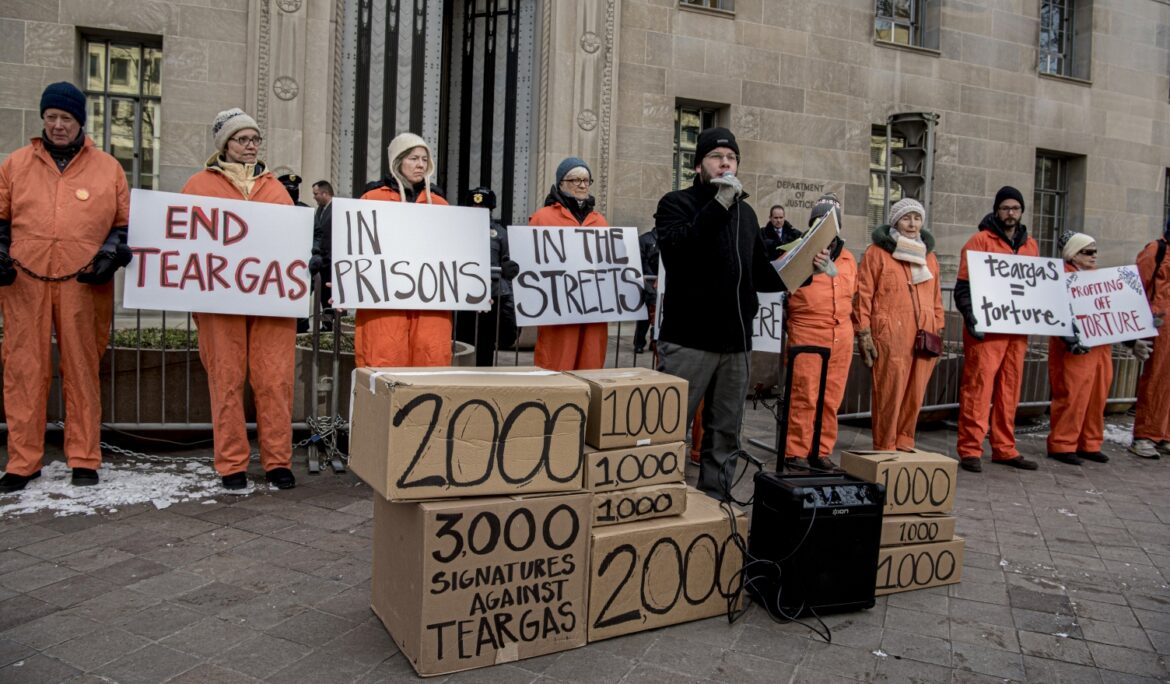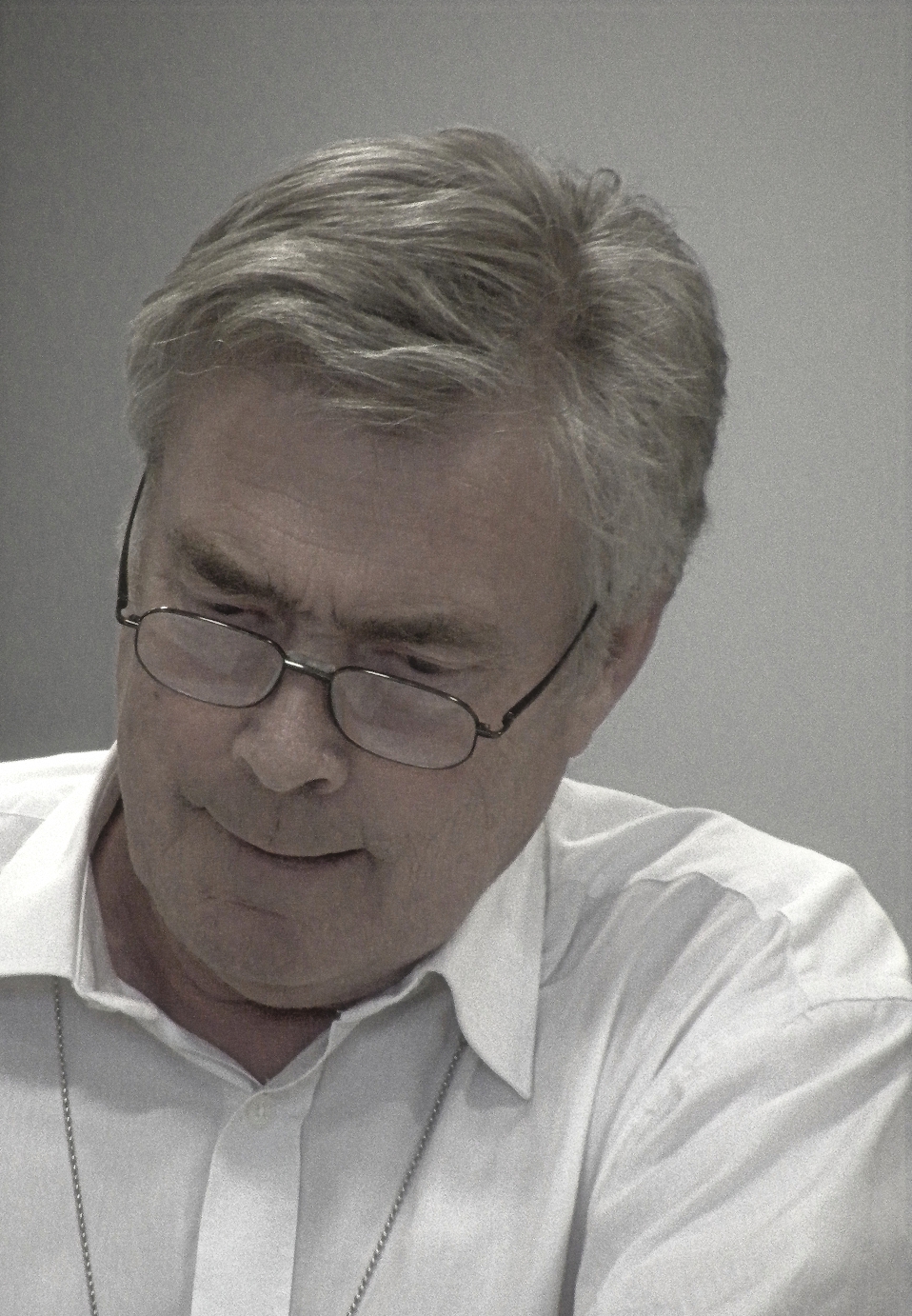Syria stands formally accused of violating the Chemical Weapons Convention
The Executive Council of the Organisation for the Prohibition of Chemical Weapons (OPCW) held its 94th session from 7–10 July. Prominent on the agenda was the determination by the Investigation and Identification Team (IIT) that ‘there are reasonable grounds to believe’ that Syrian government forces bear responsibility for several chemical weapon (CW) attacks at the end of March 2017. The finding is the first time that the Technical Secretariat of the OPCW has formally charged a state party to the Chemical Weapons Convention (CWC) with violating Article I, para. 1(b) to never under any circumstances use CW. The accusation is …
From irritant to tear-gas: the early story of why a toxic agent became non-lethal
With the recent international attention to riot control agents (RCA) people have raised the question how their use against protesting civilians can be legal when the toxic agents are internationally banned from battlefields. Framed as such, the question is not entirely correct. In my previous blog posting I argued that outlawing RCAs for law enforcement and riot control based on the above reasoning may run into complications in the United States because the country still identifies operational military roles for irritants on the battlefield in contravention of the Chemical Weapons Convention. This article sketches the convoluted history of harassing agents …
‘Tear-gas’: authorised at home, banned in war? Not so for the USA
‘Tear-gas’ may come to symbolise the Trump Administration’s heavy-handed response to the popular reaction against the killing of George Floyd, a middle-aged black man, by a white police officer. The President’s rolling thunder of insensitive, divisive tweets extolling law and order and deriding the legitimate demands by the Black Lives Matter movement has contributed to irresponsible use of force against essentially peaceful protesters, onlookers, and members of the press. Police brutality combined with widespread lack of accountability – unless a person gets killed or an incident is captured on media – has led to multiple types of excesses. When President …
JPPR – The 4 letters that shaped my career
Dazed. Shocked. Stunned. Does any one of these words even begin to convey my reaction when around noon on 23 April I received the phone call informing me of Julian’s passing, having lost the battle against COVID-19 the night before? When I entered the field of chemical and biological warfare in 1986, his name immediately stood out. Julian Perry Robinson, a name immediately associated with the Stockholm International Peace research Institute (SIPRI) and the University of Sussex, near Brighton in the south of England. Our first encounter was in 1989. In hindsight, it was unsurprisingly at a workshop bringing together …
Palestine: From a ‘will-be’ party to the CWC to a ‘would-have-been’?
Something really remarkable happened in the first two weeks of 2018. On 2 January, quite out of the blue came the notification by UN Secretary-General António Guterres that the State of Palestine had deposited its instrument of accession to the Chemical Weapons Convention (CWC). It was to become the 193rd state party on 28 January, thirty days after having submitted the document (29 December). Indeed, ‘was’. Guterres formally informed UN members on 11 January that Palestine had withdrawn its instrument of accession three days earlier. States withdrawing from a disarmament or arms control treaty is extremely rare. But it does …
Geopolitical manoeuvring behind Skripal
On 4 April the Executive Council (EC) of the Organisation for the Prohibition of Chemical Weapons (OPCW) will meet in a special session. Russia called the extraordinary meeting. It has been a month now since former Russian spy Sergei Skripal and his daughter Yulia had been exposed to a nerve agent in Salisbury. The United Kingdom (UK) government identified it as a member of the ‘Novichok’ family, once researched and developed by the Soviet Union. Russia is believed to have continued the programme at least during the first years after the breakup of the USSR. It has never come clear …
Novichok between opinion and fact – Part 1: Deconstruction of the Russian denial
Since the assassination attempt on Sergei and Yulia Skripal with a nerve agent now just over one month ago, so much has been written about ‘Novichok’; so much has been opined about what ‘Novichok’ is meant to be (if it exists at all); and so much smoke has been spewed about what the identification of ‘Novichok’ suggests about culprits. This blog posting is the first of several to look into a specific aspect of the discussions concerning Novichok in the hope of clarifying where certain positions come from and what factual knowledge exists about this group of nerve agents. Facts …
Preparing the 4th CWC Review Conference: Education & Outreach
Role of education and outreach in the prevention of the re-emergence of chemical weapons For consideration by the Open-Ended Working Group preparing the Fourth Review Conference of the Chemical Weapons Convention at its ninth meeting Dr Jean Pascal Zanders Chairperson OPCW Advisory Board on Education and Outreach (ABEO) 30 May 2018 [PDF Version] The Advisory Board on Education and Outreach (ABEO) is a subsidiary organ of the Organisation for the Prohibition of Chemical Weapons (OPCW). Its members, together and individually, represent a wide range of education and outreach (E&O) expertise and experience. Besides strategic and practical advice to the OPCW …
Preparing the 4th CWC Review Conference: Civil Society – 1
Possible Priorities for the Fourth CWC Review Conference and for the OPCW in the Next Five Years Statement by Dr John Hart (Stockholm International Peace Research Institute – SIPRI)* Presented at: Open-Ended Working Group for the Preparation of the Fourth Review Conference (OEWG-RC), Organisation for the Prohibition of Chemical Weapons (OPCW), The Hague, Netherlands, 16 April 2018 I would like to thank the OPCW and the Open-Ended Working Group for the Preparation of the Fourth Review Conference (OEWG-RC) for the opportunity to participate in today’s meeting. I would also like to thank all others who have been involved in …
Impunity through knowledge management: The legacy of South Africa’s CBW programme
Book review: Brian Rappert and Chandré Gould, The Dis-Eases of Secrecy: Tracing History, Memory & Justice (Jacana Media: Johannesburg, 2017), 261p. It took me almost a year to write this book review. There are reasons why. First, the book is not that easy to read. While one can read it linearly (that is one page after another, as one would normally do), it instead invites readers to follow the logic of the argument, which entails dashing back and forwards from one part in the book to another. Second, the insights are profound, and the reader needs to let them sink …




